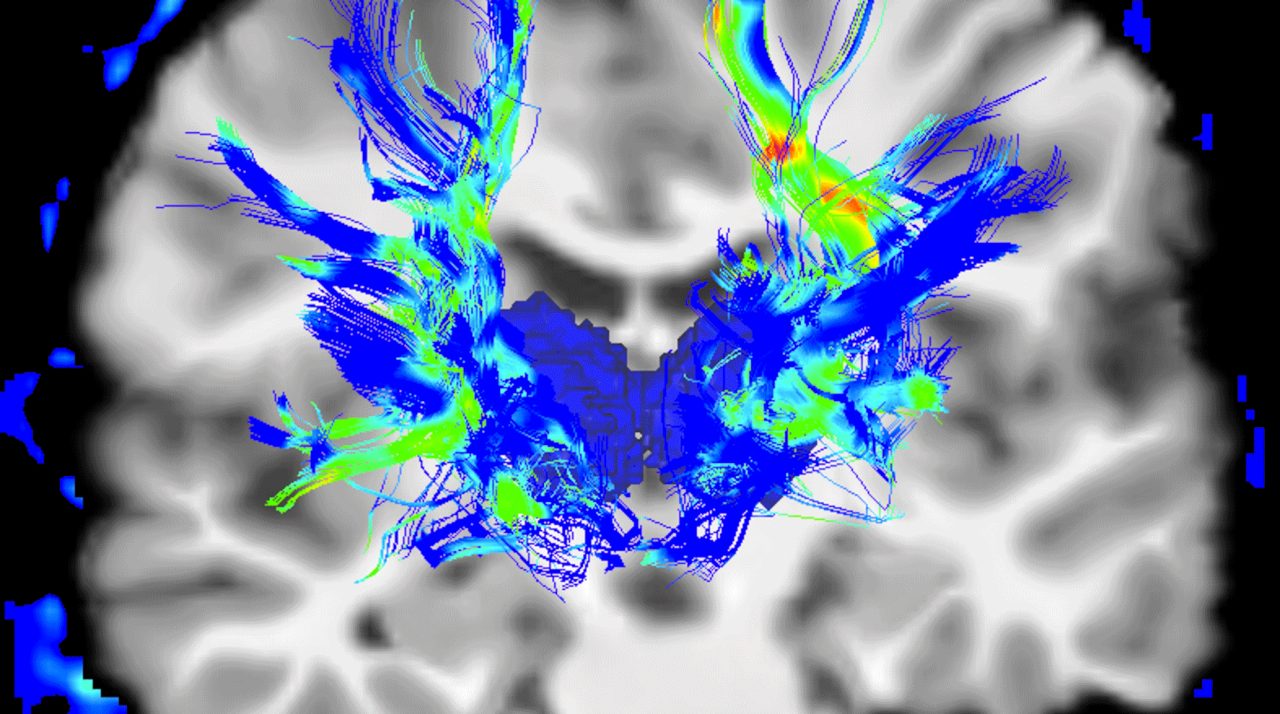What Is Parkinson's Disease?

It’s important for people with Parkinson’s disease to understand what Parkinson’s disease is and how Parkinson’s disease can impact their life expectancy.
Parkinson's disease (often called PD) is a chronic, progressive disease that belongs to a group of conditions called motor system disorders. About 1 million Americans have the condition.
It’s a disease that has apparently impacted humankind for thousands of years. Ancient texts, including the work of Greek physician Galen almost 2,000 years ago, described symptoms of the disorder.
YOU MIGHT ALSO LIKE: What Causes Parkinson's Disease?
But it wasn’t until 1817 when British physician James Parkinson wrote his “Essay on the Shaking Palsy,” which chronicled his observations of patients with trembling in their hands and arms and other problems with movement, that the condition was identified as a specific disease. Of course, Parkinson didn’t know what caused his patients to develop the symptoms of the disease that would eventually be named for him — although he noted it most often occurred in older people.
Today, scientists are still working to figure out exactly what Parkinson’s disease is, causes of the PD, and how to prevent it. Researchers have learned a lack of dopamine, a chemical messenger the brain needs to transmit signals allowing for coordination of movement, plays a crucial role in Parkinson’s disease.
The result of having too little dopamine in the brain is trembling in the limbs and face, stiffness, impaired balance, and slow movement, causing people with Parkinson’s disease to have trouble walking, talking, or doing simple tasks. It can also cause sleep disturbances and changes in memory and mood.
Parkinson’s disease life expectancy
Parkinson’s disease is chronic — meaning it persists over a long period of time and doesn’t go away — and it’s also progressive.
While symptoms typically worsen over time and cause some people with PD to become severely disabled, others with Parkinson’s disease can have fairly minor disruptions of their movements and ability to function, according to the National Institute of Neurological Diseases and Stroke.
Parkinson disease patients can experience complications from PD symptoms, leading to potentially life-shortening conditions. For instance, if a person with Parkinson’s disease has balance problems and falls, it can result in a serious injury, such as brain trauma.
Likewise, a patient with an advanced case of PD may have difficulty swallowing. If food is accidentally aspirated into the lungs, pneumonia or other conditions can develop. The risk of those types of incidents on Parkinson’s disease life expectancy depends on several factors, including the Parkinson disease patient's age, overall health, and stage of PD.
A Mayo Clinic study, published in JAMA Neurology, looked at the life expectancy of more than 400 people with Parkinson’s disease. Some patients had only PD, while others were afflicted with additional disorders, including Lewy body dementia and multiple system atrophy. The life expectancy of the patients with additional diseases was about two years shorter than the general population. For those with Parkinson’s disease only, life expectancy decreased by about a year, the researchers concluded.
Is Parkinson’s disease fatal?
Most doctors specializing in Parkinson’s disease say a person dies with PD, not from it, the Michael J. Fox Foundation for Parkinson’s Research states.
While Parkinson’s itself is not fatal, disease complications can be.
Living a lifestyle that is as healthy as possible, and taking prescribed dopaminergic medications (to help with the body’s lack of dopamine) are essential in successfully treating symptoms and may help reduce potentially life-shortening complications, the Parkinson’s Foundation advises.
Updated:
April 28, 2023
Reviewed By:
Janet O’Dell, RN